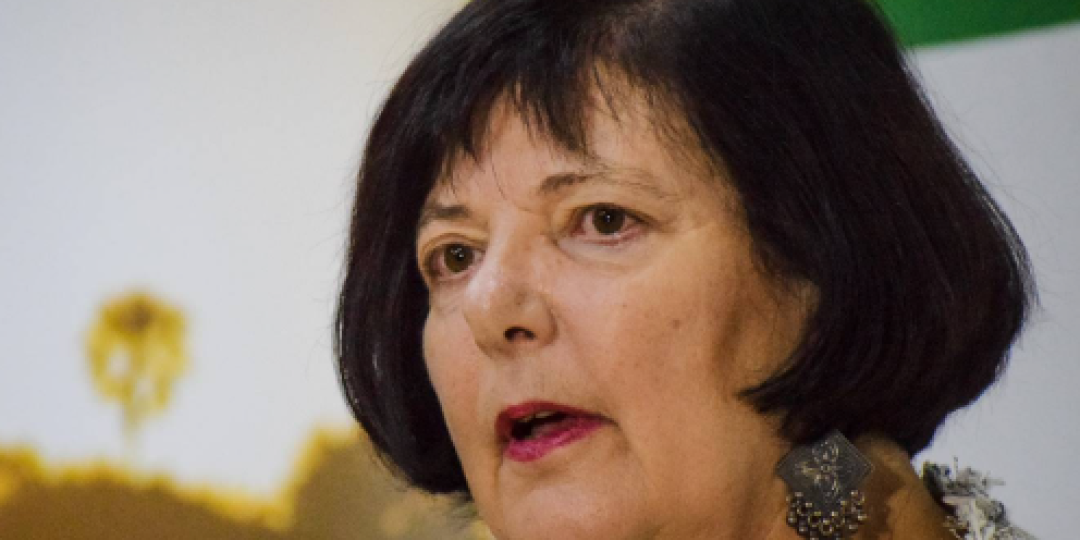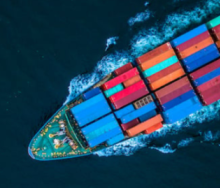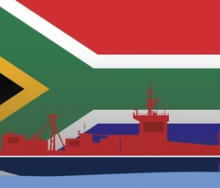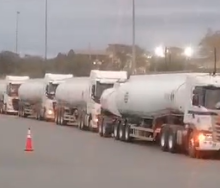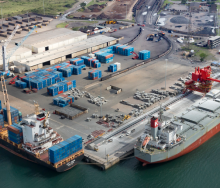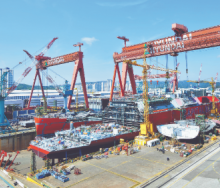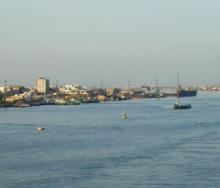For a much-needed segment of South Africa’s cargo industry that has been underperforming for decades, rail freight finds itself at the crossroads of opportunity and transformation, transport minister Barbara Creecy has said.
Speaking at the opening of the 13th Southern African Railways Association (Sara) Annual Rail Conference and Exhibition, she emphasised the critical role railways played in shaping the socioeconomic landscape of the region.
She told attendees at the conference that the gathering was not just another industry event, but a pivotal forum where the future of southern Africa’s railways was being shaped.
Creecy acknowledged the significant challenges faced by the region's rail sector.
“We are all acutely aware that the region’s rail sector faces significant challenges, from ageing infrastructure and inadequate funding to issues of safety, security, and capacity.”
These challenges were compounded by the need for greater regional integration, interoperability, and harmonisation of standards to ensure efficient and competitive rail services, she added.
Creecy highlighted the direct impact that the rail industry had on the cost structure of the region's economies and called on industry leaders to embrace the technological and environmental changes reshaping the global transport sector.
"As we develop our rail offerings, we must also be conscious of change - changes that are taking place in a rapidly technologically changing world and, of course, also the changes that are being imposed on us by climate change.”
Creecy emphasised that railways were not just a means of transport but a key player in the fight against climate change.
"It is important that we capitalise on the advantages that railways offer as an environmentally friendly and sustainable mode of transport," she said, challenging the sector to integrate clean fuels and new technology into rail operations.
One of the critical areas of focus in her address was the need for investment in skills and infrastructure.
"A robust and future-ready rail sector is not built solely on infrastructure and technology. It is underpinned by the skills and expertise of people who work within it.”
Creecy highlighted the Gibela factory in Gauteng as a testament to South Africa's manufacturing capabilities and its potential to drive industrialisation across the continent.
"This facility is not only a world-class rolling stock manufacturing plant, but also a symbol of our dedication to driving industrialisation and economic development across the continent.”
She called for collaborative efforts to overcome the challenges that persisted, particularly in key strategic corridors such as the North-South Corridor, which links the Port of Durban with the Democratic Republic of the Congo and Zambia.
"These corridors face significant challenges, including congestion, delays at border crossings, and the need for better coordination amongst our countries.”
